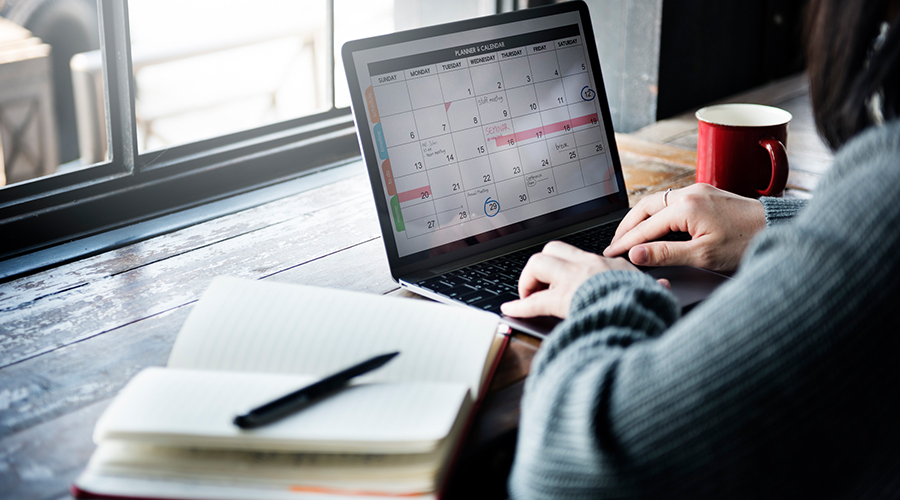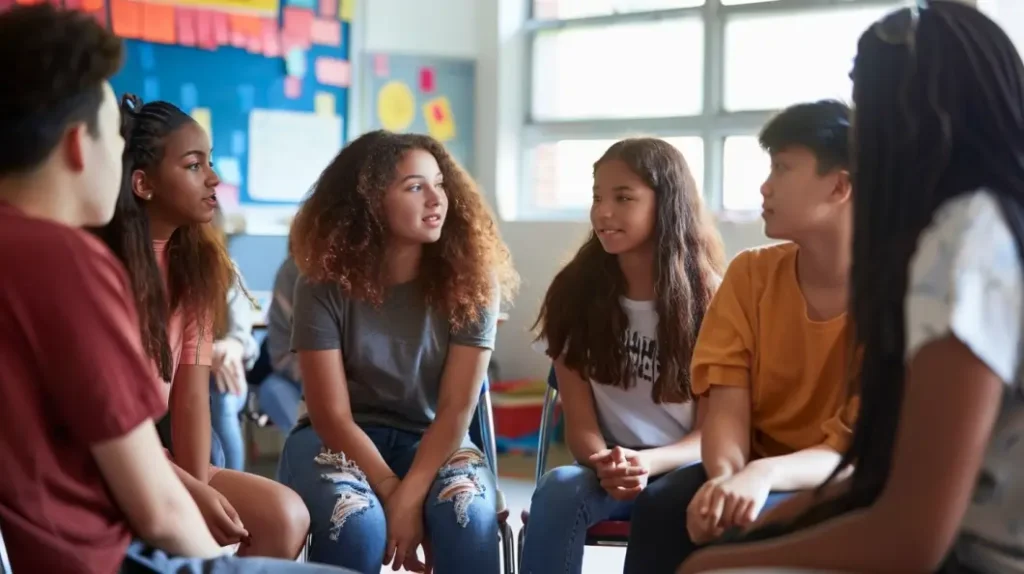Study hard, and you’ll get results. This is what we’ve always been told to do, based on the principle that it’s the key to academic success. Yet you’ve spent countless hours poring over your textbooks and study materials, only to end up with ridiculous grades. What is the secret to excellence and high academic performance? What is essential for academic success? In reality, anyone can get good grades if they put their mind to it; science proves it. However, studying hard doesn’t guarantee results.

Improve consolidation by sleeping effectively
Who would believe that a lack of sleep can be a major reason for academic failure? It turns out that not getting enough sleep is one of the main reasons your brain refuses to retain anything. Century-old research shows that sleep improves memory retention and recall by 20 to 40 percent. By getting more sleep, students can dramatically improve their academic performance. It’s fascinating! Want to learn more, remember more, and perform better on exams? Learn how to sleep effectively. And if you’re always forgetting important things you should normally remember, consider sleep.
The essential thing to succeed in your studies: Teach others
Have you ever heard of the learning pyramid? It’s a scientific concept that ranks different learning activities based on their effectiveness. This pyramid reveals that the most effective way to learn is to teach others. In fact, according to the learning pyramid, you will retain up to 90% of the material you teach, while the average person only retains about 10% of what they read. Learning Pyramid – The Essentials for Successful Studies… Of course, you can’t teach what you don’t know, but teaching some of the concepts you have a little mastery of can go a long way toward achieving incredible mastery. So, instead of spending many hours trying to memorize and digest complex material, why not teach some of it to someone else?? If you can’t teach it, at least discuss it. Discussions are almost as effective as teaching.
Study Break-Break The Perfect Study Sandwich
How much time do you spend on your study session, or a good 6 hours? Our. According to psychology professor Marty Lobdell, your brain is only efficient for the first 30 minutes of each study session (the peak). After that, you’re wasting your time because your brain’s efficiency is at its lowest 0 The good news? It only takes about 3 to 5 minutes to revive your brain (for the average person), allowing it to reach peak performance again. This tells you one thing… You should only study intensively for 25 to 30 minutes at a time! Then take a short 3-5 minute break to get your brain back to peak performance, as it should. Here’s how it works: Study efficiently and fiercely for 30 minutes, take a 4-minute break, and start again. This strategy took me from an average student to an undergraduate.
Study, raising questions
If you read a newspaper as if you were looking for something very specific, you will find it, along with any other important details. But read the same newspaper without a purpose or intention of searching, and I promise you, you will find nothing. Here’s the secret: Before you start reading, scan your study material very quickly, whether it’s a textbook, an article, or a document. As you read through the document, look at the subheadings, images, and other highlighted areas, and then raise several questions in your mind – you can write them down. Now begin your study session by reading in detail, but this time you have questions you are looking for answers to. Your goal is to try to answer all of these questions as succinctly as possible. This more than triples the effectiveness of your studies.
Start early, not just before exams!
Raise your hand if you’re the type of person who only studies for a few weeks or days before the final exam.. This was also the case for me until I discovered that this habit was the main reason for the poor grades I was struggling to gmgetThink it’s cool to study only in the last few minutes? Science proves otherwise! The best and most effective study strategy is to approach your work little by little, giving your brain time to assimilate all those complex concepts you’re consuming. Studying in small chunks makes learning fun and much lighter, and most importantly, reduces your chances of procrastinating. Study your material as soon as it is given to you. This way, when exams come, you’re not studying again, but simply reviewing, making sure the concepts aren’t wrong or misunderstood.
Find the ideal study environment
The study environment is part of the essentials for successful studies. You’ll study much more effectively if you have a quiet, dedicated study space and a study lamp to make it more serene. This simple practice can improve your grades far more than increasing your study time. Here’s a great study strategy suggested by Professor Marty Lobdell: Get a study lamp and turn it on at the beginning of each study session. After the first 25-30 minutes, turn it off. Then leave the study table, go do something fun for 3 to 5 minutes, like playing the guitar or listening to music, then come back to your study table, turn on the lamp and start studying again. This routine conditions your brain remarkably. Immediately after 30 minutes of studying, your brain learns to shut down.
Take and develop notes The essentials for successful studies
This advice is for adults old enough to take notes. The way the brain stores new information is mind-blowing! When new data arrives, new pathways must be created in the brain, and the information is encoded and then stored. For long-term memory, these pathways need to be stronger. Research has proven that taking notes helps you remember what you read better. When you take notes, new pathways are formed and the information is stored long-term. According to Professor Marty, you should sit down every day after each class and expand on your notes. The idea is to add depth and detail, write things down in your own words, and develop an early and deep understanding of your notes. If you do this, you will save hours and hours of study.
Engage in active learning
Lectures, reading, and audiovisual materials are all forms of “passive” learning, while demonstrations, discussions, and teaching others are categorized as “active” learning. If you want to study less, study smarter, and achieve exceptional academic results, you need to practice active learning. The reason you spend so many hours studying without ever understandingthatause you are not actively studying, meaning you are not actively engaging with your study material.


